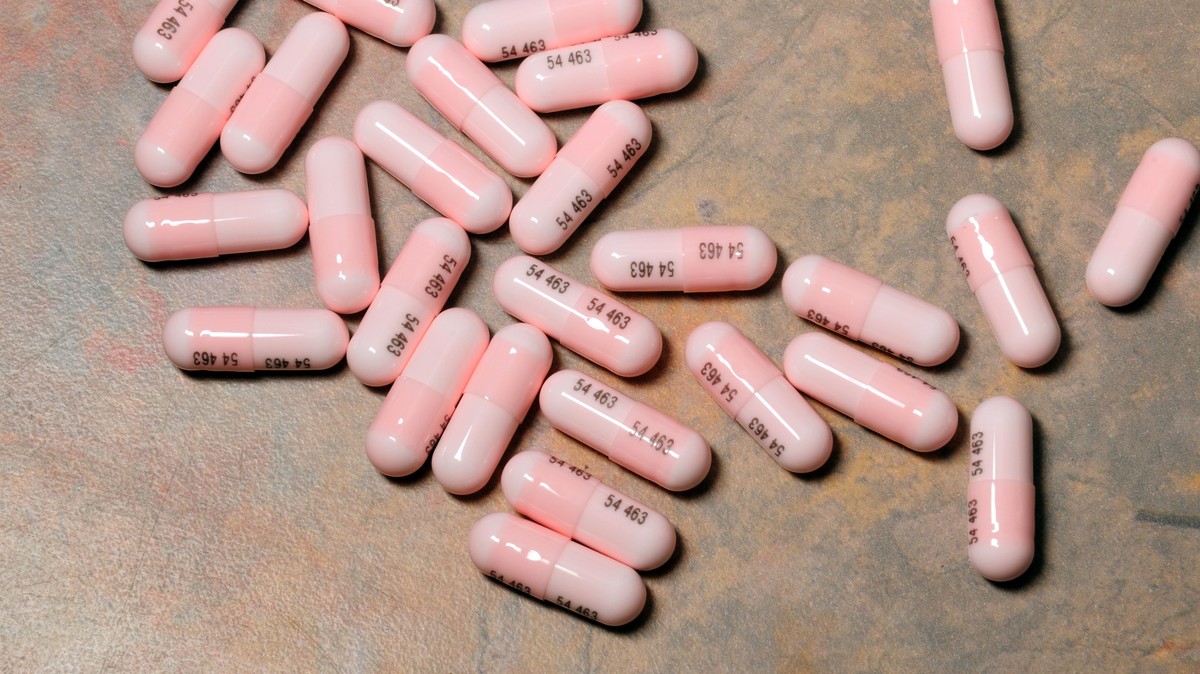
Scientists Say Lithium Should Be Added to Drinking Water to Prevent Suicides
A new study published in the 'British Journal of Psychiatry' finds a link between lithium in drinking water and lower suicide levels
Maybe they had the right idea putting lithium in 7 Up when it was first sold in 1929.
Because, in an era of rising suicide rates especially among young people, a new study from Brighton and Sussex Medical School (BSMS) published in the British Journal of Psychiatry has found a strong link between geographical areas with high levels of lithium in public drinking water and lower suicide rates.
In a press release from BSMS, the study's lead author Professor Anjum Memon said: "It is promising that higher levels of trace lithium in drinking water may exert an anti-suicidal effect and have the potential to improve community mental health."
Part funded by King's College London, the study is a meta-analysis of three decades of research in Austria, Greece, Italy, Lithuania, UK, Japan and USA.It concludes that lithium's "protective" abilities could be further tested by "randomised community trials of lithium supplementation of the water supply" in communities with high prevalence of mental health conditions and risk of suicide.
Deliberately lacing the water supply with a mind-altering chemical in some zones might seem like something out of a science fiction novel, but the authors of the report – as other scientists have said before them – think it's an idea worth experimenting.
The report states: "These findings, which are consistent with the finding in clinical trials that lithium reduces suicide and related behaviours in people with a mood disorder, suggest that naturally occurring lithium in drinking water may have the potential to reduce the risk of suicide and may possibly help in mood stabilisation, particularly in populations with relatively high suicide rates and geographical areas with a greater range of lithium concentration in the drinking water."
You cannot blame scientists for thinking outside the box on suicide prevention. Our mental health has been deteriorating over lockdown. Current figures show there are around 800,000 suicides a year. It is the second leading cause of death among 15 to 29 year olds globally. Unfortunately, the evidence shows that the isolation and economic stress caused by COVID-19 may well exacerbate this trend and lead to rise in suicides.
Scientists are not certain exactly how this naturally occurring silver-white, metallic element, found in soil, seawater and rocks and therefore vegetables, grains and water supplies, alters human mood. The suspicion is that it stimulates the growth of nerve cells.
But since it was discovered in 1949 by Australian psychiatrist John Cade to be effective in treating mania, it has become a recognised medication for the treatment and prevention of bipolar disorder, for stabilising mood and in reducing the risk of suicide in people with mood disorders. In some studies, it has been shown to help reduce aggression and the onset of dementia.
The study noted that, via their drinking water, people were getting a low but constant dose of lithium, potentially since birth. Yet the optimal blood level at which lithium exerts a possible preventive effect against suicide is yet to be confirmed. Nor had the potential effect of trace doses of lithium in the human body.
During one small randomised controlled trial, micro-doses of lithium (400 micrograms daily) taken by former drug users showed an improvement in mood when compared with a placebo, suggesting that doses of lithium far lower than those used in psychiatry could have the potential to influence mood and possibly reduce suicide risk.
However, drinking water is just one way we consume lithium. Even in areas with high concentrations of lithium in drinking water such as some parts of Texas (340 micrograms daily) – where research found it reduced cocaine and heroin arrests and suicidal and violent criminal behaviour – the amount of lithium ingested via the public water supply is far less than via food and mineral water.
nirvana_lithium.mp4


